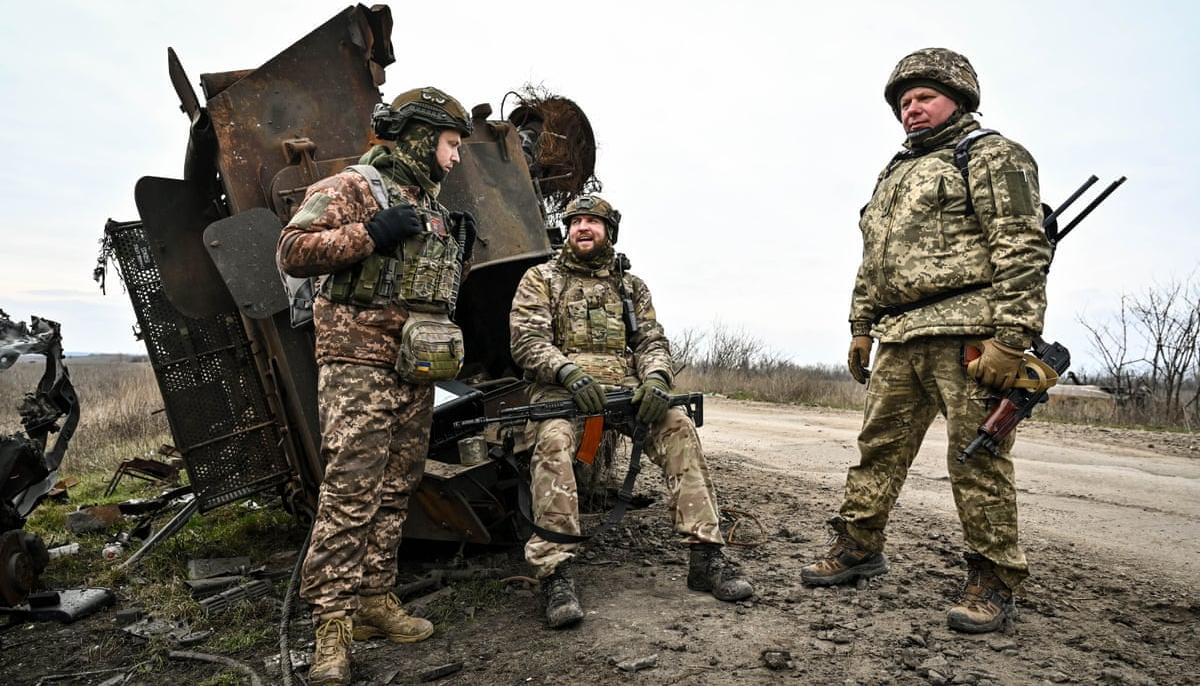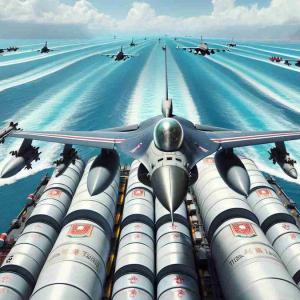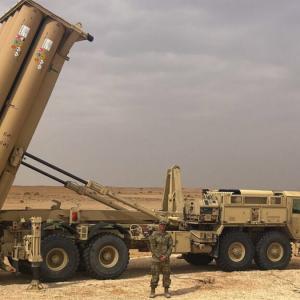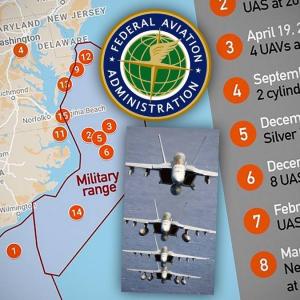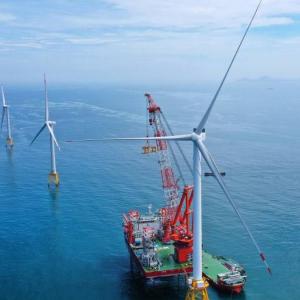Speaking to the Intelligencer's Benjamin Hart in an interview published Tuesday, Kofman said that while the Kremlin has kept pressure on Ukraine suffering high attrition losses, it is now beginning to struggle under "very significant constraints."
"And in any case, its advantage on the battlefield will diminish as we go into this winter and look further into 2025" said Kofman, an analyst at the Carnegie Endowment for International Peace.
Kofman stressed that he does not think Russia will run out of equipment or men any time soon, but argues that Moscow cannot maintain its offensive pace for long.
Such a development could be a ray of hope for Ukraine, which is facing a slow but brutal Russian advance in the east, largely attributed to Moscow throwing a lot of men and military equipment into the meat grinder.
Kofman's first explanation is that Moscow has replaced large equipment losses with Soviet-era weaponry, but even these spare stocks cannot last indefinitely.
" Russia is consuming its Soviet legacy, and its equipment production rate is quite low relative to the number of battlefield casualties ," he said.
"Which means the Russian military has been increasingly forced to adjust tactics to minimize losses," he added. "And this also reduces their ability to make meaningful progress operationally."
The increase in bonuses shows that recruitment is under pressure
Kofman also believes that the Russian government cannot sustain the increase in bonuses and benefits that it offers en masse to new recruits.
As it continues to try to overwhelm Ukraine by flooding the battlefield with troops, Russia has offered abnormally high payouts for new soldiers, such as when in July Moscow touted enlistment bonuses on par with the U.S. military. And that's for a city where the average salary is less than five times the average salary in the US.
"It is clear that at this rate of losses, the Russian contract recruitment campaign is unable to keep up," Kofman said. "This also does not mean that Russia will run out of troops, but it is clear that it will struggle to get soldiers."
Britain's Ministry of Defense posted an update on Monday, saying Russia is likely to have suffered its highest daily casualty rate since the start of the war, with the average scale of casualties increasing significantly with each passing year.
British officials have estimated that Russia will lose a steady 1,000 troops a day throughout next winter, having already suffered record daily losses in May and September.
This comes as Russia pushes hard on the eastern front, besieging the key towns of Vugledar and Pokrovsk in Donetsk, while trying to retake Ukrainian-conquered towns in the Kursk region.
Putin's long-term strategy in question
The fighting in Donbas was difficult, taking more than a year to capture Vugledar.
Although Russian forces had advanced to the city limits of Pokrovsk, Kofman stated that it would take them more than a few weeks of fighting to capture the city.
His analysis of Russia's combat pace has implications not only for the front line in Ukraine, but also for Russia's war economy, which Russian leader Vladimir Putin reoriented to rely heavily on defense production after the war began.
The Federation's draft budget presented in September indicates that the authorities intend to continue spending about 40% of the nation's total budget on the military and national security.
Russia has seen GDP growth of 3.6% in 2023 despite international sanctions. Putin and his administration largely saw the numbers as a triumphant sign of Russia's resilience.
But it is not clear how long Moscow can maintain this strategy. Some economists say that if the war goes away or production slows, the defense sector will no longer be able to support the Russian economy, leading to a recession.
Ukraine's supply of equipment and troops is also far from assured, with a reliance on the West to send vital weapons and a delayed mobilization schedule.
Meanwhile, Kiev tried to develop its own defense industry and manufactured missiles, artillery systems and a range of land, sea and air drones.


